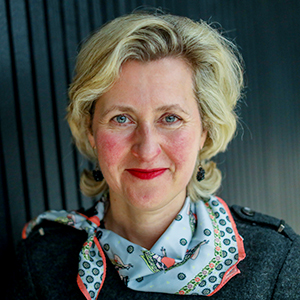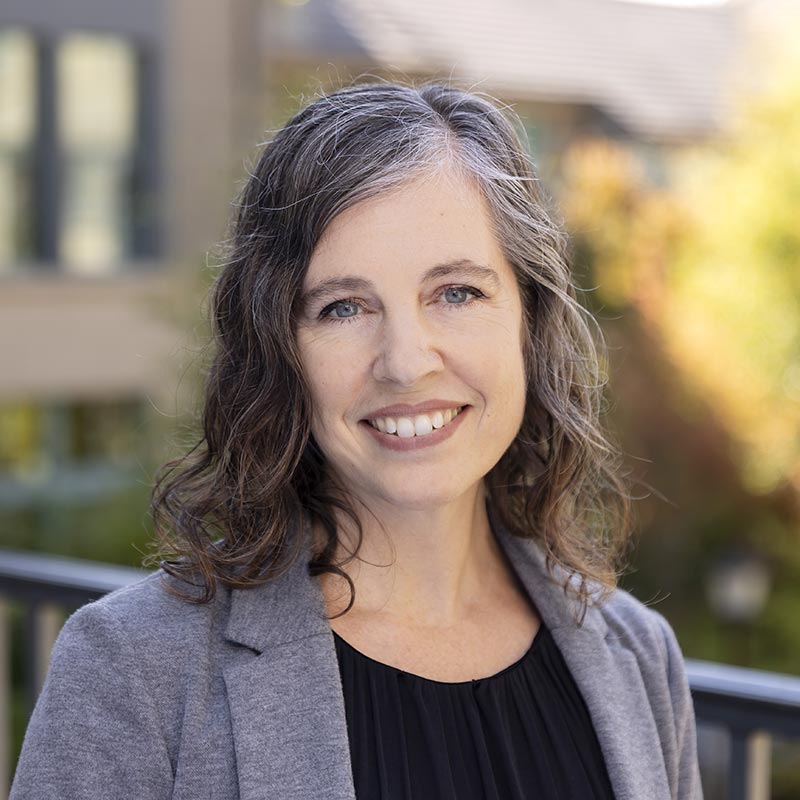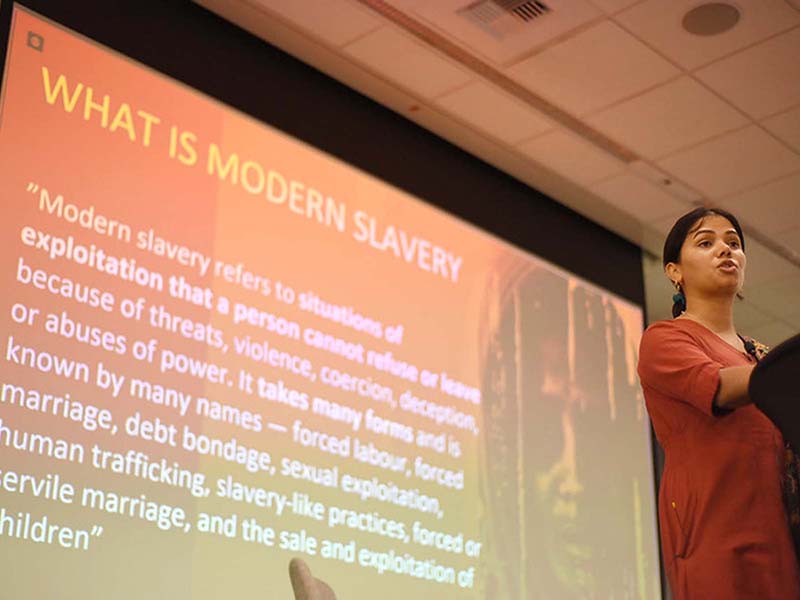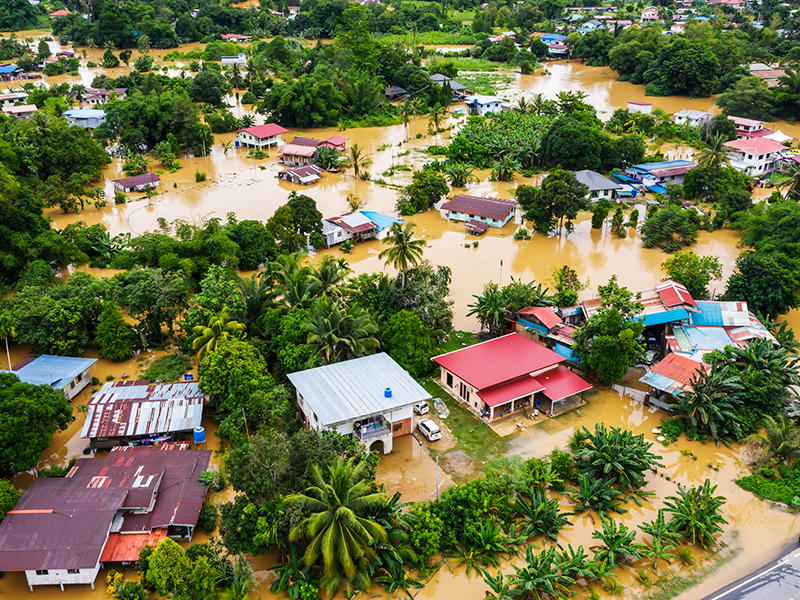
Authors
-
David Wei
Former Managing Director, Climate and Nature, BSR
-

Managing Director, Transformation, BSR
-
MaryAnne Howland
Former Director, Equity, Inclusion, and Justice, BSR
-

Managing Director, Human Rights and Inclusive Business, BSR
One of BSR’s three core principles for putting our mission into action is to “make connections between issues.” Recent developments in the field of just and sustainable business are re-enforcing the importance of this principle.
BSR has long emphasized that addressing impacts on the environment, people, enterprise value, and the economy requires holistic approaches.
However, this point of view has not always been matched by the various initiatives, guidelines, and standards that shape day-to-day work of the just and sustainable business field. These have often been the realm of specialist and distinct professional communities, such as those in human rights, social justice, climate change, and sustainability reporting.
Encouragingly, there has been an acceleration of alignment among initiatives, guidelines, and standards over recent years. We’re optimistic about these developments and believe they will be sustained by a deliberate joining up of these previously separate domains.
Examples of greater connection between the fields of reporting and disclosure, business and human rights, diversity, equity and inclusion (DEI), social impact, and climate change are increasingly common.
The “impact materiality” principle in the new European Sustainability Reporting Standards (ESRS) clearly states that “the materiality assessment of a negative impact is informed by the due diligence process defined in the international instruments of the UN Guiding Principles on Business and Human Rights and the OECD Guidelines for Multinational Enterprises.”
The ESRS and the new IFRS Sustainability Disclosure Standard General Requirements both adopt and build on the four-part “governance – strategy – risk – metrics” framework first introduced by the Taskforce on Climate Related Financial Disclosures (TCDF).
The climate disclosure standards recently published by the IFRS and ESRS are significantly ahead of their social counterparts and serve as a holistic model for other issue-specific standards to build from.
However, achieving this progress in practice requires that we address some challenging methodological questions and spread best practices across professions. For example:
-
How do we take the concepts of scope (number of people), scale (gravity of harm), and remediability (ability to reverse harm) that are well-understood in the field of human rights and apply them to environmental impacts such as climate change, as is required by the ESRS and GRI?
-
Given they both now use the same prioritization criteria, should previously separate materiality and salience assessments be combined? If so, how, and what are the risks and opportunities of doing so?
-
How do we ensure that we are addressing inequities in outcomes and opportunities, and promoting diversity, equity and inclusivity in systems and infrastructure designed to address environmental impacts?
-
How can best practices in DEI and human rights due diligence inform new methods of environmental due diligence and support integrated due diligence efforts?
-
How do expectations for accuracy, reliability, and comparability of quantitative data transfer to the often more qualitative realm of social impacts?
-
Are quantitative forward-looking targets always the gold standard, or are other approaches (such as qualitative or normative statements of ambition) sometimes more appropriate?
-
How might scenario analysis, common in the climate change field, improve the quality of DEI and human rights due diligence and understanding of social impact across the value chain?
-
How do we undertake DEI and human rights due diligence of the energy transition?
-
How can we work with boards, executive management, and sustainability experts to facilitate greater collective understanding, action and governance of material risks, opportunities, and their impact on long term business value?
-
How do we effectively engage affected stakeholders in all our efforts without causing significant fatigue?
We know that the answers to these questions and many more will only be resolved by multi-disciplinary teams taking collaborative approaches and addressing shared challenges together.
Many of our company members are joining up functions and collaborating among finance, risk, compliance, supply chain, strategy, DEI, and sustainability teams to apply the various new requirements of impact materiality in a combined corporate approach.
And we at BSR are equally joining experts from our teams on projects together and sharing insights across different functions and teams to better partner with our member companies.
We look forward to opportunities to collaborate with other organizations—outside counsel, large consulting companies, and audit firms—in multi-vendor arrangements where we can achieve more together than we could alone.
Making connections between issues is easy to say, but hard to do in practice. However, this moment demands nothing less in our mission to work with business to create a just and sustainable world.
BSR’s latest sustainability insights and events straight to your inbox.
Topics
Let’s talk about how BSR can help you to transform your business and achieve your sustainability goals.







